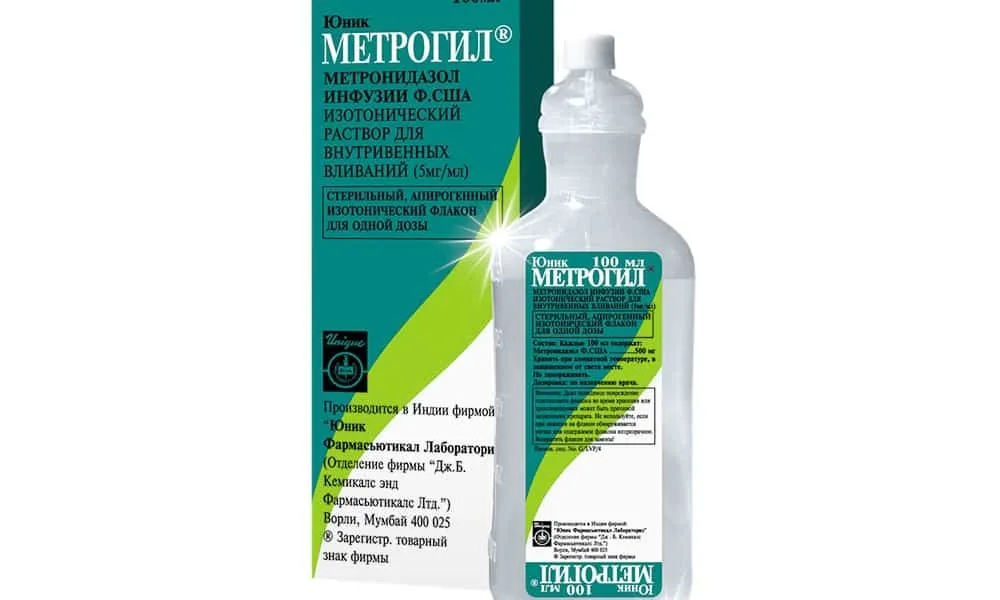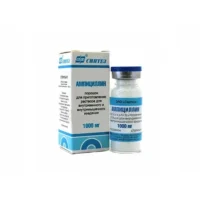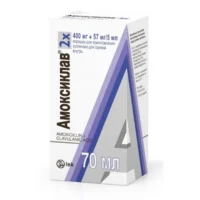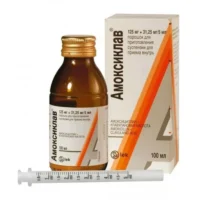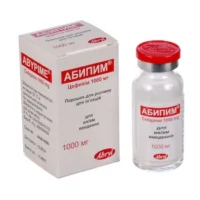Description
Metrogyl (Metronidazole) Solution for Infusions 5 mg/ml. 100 ml
Ingredients
- Active ingredient: Metronidazole
- Inactive ingredients may include sodium chloride, citric acid, and water for injections
Dosage
- Dosage: The usual dose is 500 mg infused over 1 hour every 8 hours
- Dosage may vary based on the condition being treated
Indications
- Indications: Metrogyl is indicated for the treatment of infections caused by susceptible anaerobic bacteria and parasites
Contraindications
- Contraindications: Do not use in patients with a history of hypersensitivity to metronidazole or other nitroimidazole derivatives
Directions
- Administration: Administer by slow intravenous infusion over 1 hour
- Do not mix with other drugs or infusions
Scientific Evidence
Pharmacological Effects: Metronidazole exerts its antimicrobial effects by disrupting the DNA of microbial cells, leading to cell death. It is effective against various infections, including intra-abdominal infections and bacterial vaginosis. Research has shown its effectiveness in eradicating Helicobacter pylori.
Additional Information
- Metrogyl should be used with caution in patients with a history of blood disorders or neurological conditions
- Complete the full course of treatment as prescribed by a healthcare provider to ensure complete eradication of the infection
Clinical Trials: Metrogyl has shown comparable efficacy to other antibiotics in treating various infections. Studies have demonstrated similar success rates between metronidazole and clindamycin in the treatment of intra-abdominal infections.

